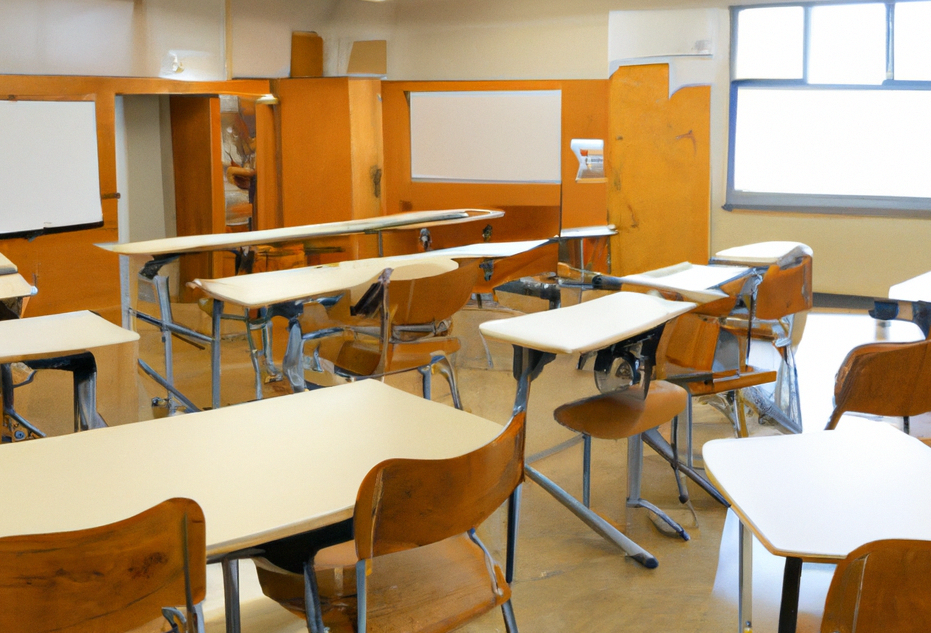Students across Canada are now back in classrooms. As the new school year gets underway, let’s encourage schools to focus on what matters most teaching and learning.
No doubt there is room for improvement. According to results from the Programme for International Student Assessment (PISA), the math skills of 15-year old students across Canada declined by 35 points from 2003 to 2022. To put this in perspective, PISA equates 20 points with approximately one grade level.
This means that the math skills of Canadian students are almost two grade levels below where they were twenty years ago. Things aren’t much better in reading since Canadian students declined in this subject by 27 points (more than a full grade level) over the same period.
Clearly, students would benefit from a stronger focus on the academic basics. In math, this means getting students to memorize their times tables and learn the standard algorithms for addition, subtraction, multiplication, and division. These are the fundamental skills they need to master so they can tackle more challenging math problems in higher grades and in post-secondary programs.
As for reading, the evidence is clear that phonics, where students learn how to sound out individual letters and words, is vastly superior to whole language instruction where students guess the meaning of words based on their context. Beware of school boards that advertise their “three cueing” and “balanced literacy” programs; these methods are light on phonics and heavy on whole language.
Another important way to improve the reading skills of students is to expand their overall knowledge base. This means ensuring that teachers are provided with content-rich curriculum guides. Research shows that the more background knowledge students possess, the more easily they can understand what they are reading.
Simply put, reading comprehension depends on background knowledge. The more students know, the more they can learn. Knowledge about a topic makes it easier to acquire more knowledge in that field. Teachers must not shortchange students.
This is why subjects such as science and social studies are so important. These content-rich subjects are where students acquire much of the knowledge they need to understand how the world works. It’s in science class where students learn about the scientific method, memorize standard scientific terminology, and gain an understanding of the basic laws of science.
Meanwhile in social studies students must learn about the history of our country and of the world. They should learn about the parliamentary system of government and be able to explain how elections work.
This includes exposing students to a wide variety of ideas and perspectives. Instead of sheltering students from controversial ideas, teachers must help students grapple with challenging issues and get them to engage in respectful dialogue with their classmates.
Thus, the last thing students need is to be indoctrinated in woke ideology, where everything revolves around race, gender, and sexuality. Not only does woke ideology lead to division and resentment, but it makes it impossible to have an honest dialogue about controversial topics.
Look at any major school board website and you’ll find plenty of references to “diversity, equity, and inclusion” (DEI). Hallmarks of DEI include the notion that our country is systemically racist and that anyone who isn’t “racialized” must repent of their “white privilege.” Anyone who has gone through DEI training quickly realizes that no one can challenge the assumptions of their DEI trainers.
The tragic case of former Ontario principal Richard Bilkszto, who committed suicide after being publicly humiliated and harassed by a prominent DEI consultant during a professional development session, was a prominent example of the very real harms caused by DEI zealotry.
Sadly, in their obsession to stamp out “white privilege” and “heteronormativity,” school boards are not providing students with the academic instruction they need to be successful in post-secondary education and in life. And when schools do not provide students with the academic basics, students from disadvantaged homes suffer the most. Their parents do not have the same resources (money for private tutoring, etc.) that more affluent parents have at their disposal.
Teachers have enough to do without getting into the business of indoctrinating students in woke ideology. Education rather than indoctrination should be the focus of every school.
Michael Zwaagstra is a public high school teacher and a senior fellow with the Frontier Centre for Public Policy.



